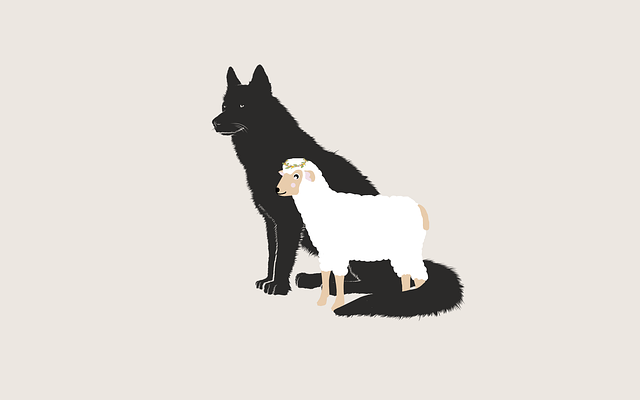
Get a Guardian Animal
Guardian animals protect your livestock when you are not around. Some good examples of guardian animals include donkeys, llamas and dogs. Guardian animals also help to reduce the stress among animals, which can promote better feeding and healthy growth. Guardian animals basically protect your herd while promoting their growth and well-being.
The right guardian animal for your livestock depends on the type of predators you are dealing with and the layout of your farm. There are non-guardian animals that can help to protect your herd in other ways. Cats, for instance, help to keep rodents away, which safeguards eggs that the small predators might eat. Roosters help to alert you of predators targeting your hen coop. It’s important to do some due diligence before choosing a guardian animal for your livestock.
When you are ready to bring your guardian animal into your farm, it’s advisable to introduce them to the livestock at a young age and raise them with the herd they will protect. While dogs are the most common type of guardian animal, they often follow the sleeping and working schedule of the farmer. Donkeys and llamas stay with the herd at all times, and their keen senses and aggressive nature toward predators make them reliable protection against intruders. However, you should not put donkey guardians on the same farm with dogs because donkeys don’t like dogs that much and this is what makes them effective guardians against predators like wolves and coyotes.
Implement a Buddy System
If you have different types of animals on your farms, like cows and goats, allow them to graze together. The cows’ size can scare away predators that would target smaller animals like goats. Herd animals prefer to graze in groups. This natural defence mechanism is how goats and cows protect themselves from predators, which prefer to target lone prey as opposed to large groups of animals that can stand their ground.
Invest in Fencing Solutions
Restricting your herd to areas that have predator-proof fencing can be difficult. Many predators – like coyotes – can jump over fences or squeeze through tight gaps. Birds of prey attack from above. However, there are specific fencing solutions that can help protect your herd. Mesh wire electric fencing offers a more robust barrier than single or multi-strand electric fencing. It is also easy to maintain. Living fences offer a solid barrier to predators, as well as preventing soil erosion and breaking strong winds.
To safeguard your chicken from birds of prey, make a web of the fishing lines along the top section of the coop and hang light reflectors like old CDs. You can also choose to invest in motion-triggered alarms and lights around the edges of your farm to help deter ground predators. For any readers in the UK, you may want to see ‘fencing installation UK‘.
Change Your Farming Practices
Adjusting the way you operate your farming enterprise can help safeguard your livestock. Moving your livestock to new areas or switching up your grazing schedule can also throw predators off, keeping your herd safe. Also, familiarizing yourself with a predator’s hunting patterns can help you make specific changes to safeguard your livestock. For example, coyotes are known to attack most in summer and spring, when they are nursing and looking for food to feed their young pups. Consider planning your livestock births so that they do not coincide with a predator’s most aggressive hunting season.